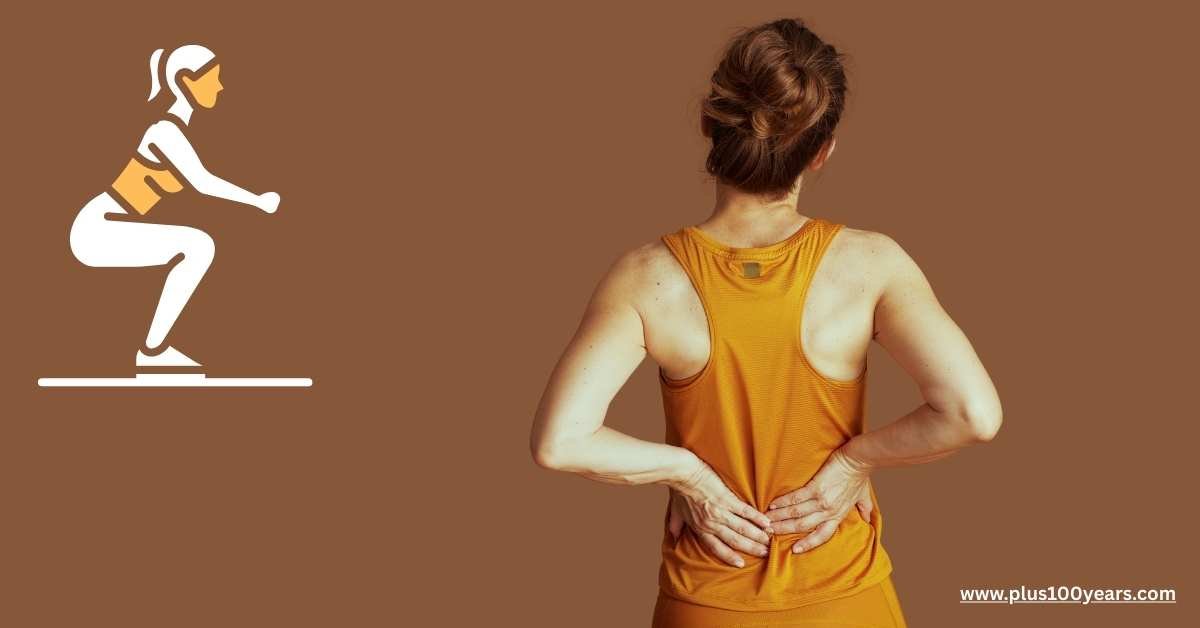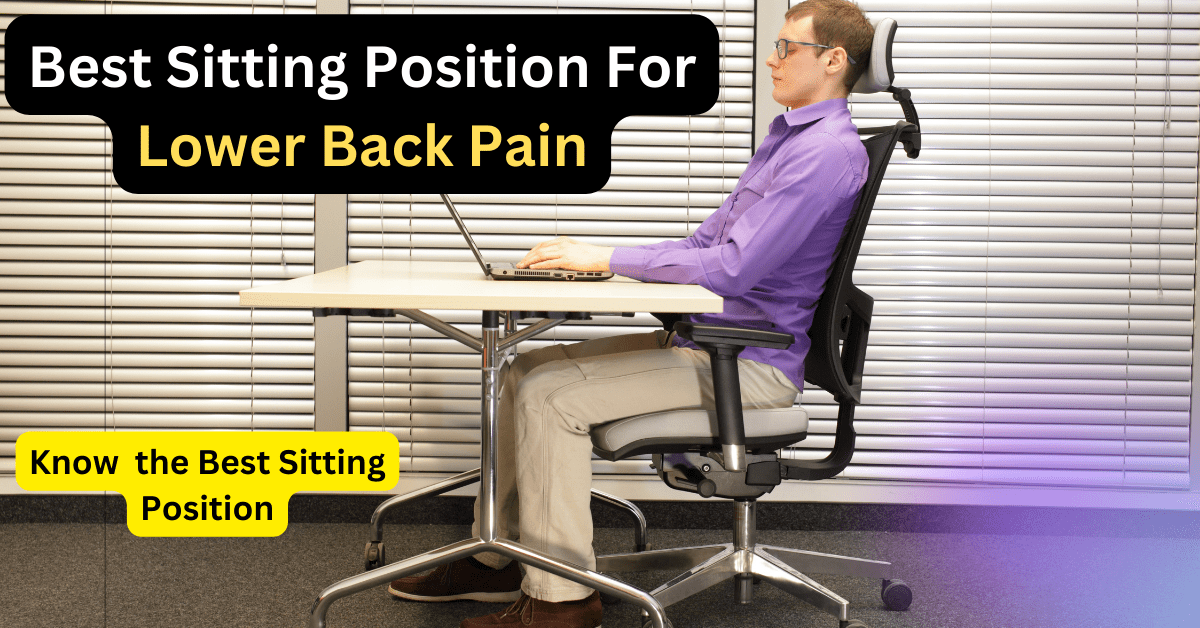Updated: 15-05-2025
Prolapsed Disc – Symptoms, Diagnosis, Treatment
Symptoms of the prolapsed disc can start suddenly and are more often severe.
At the initial stage, the pain can be eased by lying down on a flat surface, and it can worsen when you sneeze, cough, or move your back.
Symptoms of Prolapsed Disc
1. Sciatica or Nerve Root Pain
Nerve root pain is caused when a prolapsed or slipped disc, leading to inflammation or irritation, traps a nerve from the spinal cord.
In this condition, even though the problem is related to the back area, the pain is felt along the course of the nerve, along with the back pain.
That is why, often, the sciatica or the nerve root pain is felt down the leg, foot, or calf, which makes the exact diagnosis difficult.
The nerve root pain can be mild to severe and is much more than the back pain.
The prolapsed disc affects the sciatic nerve badly as it is made up of many smaller nerves and comes out from the spinal cord, travelling up to the lower back.
Since the sciatic nerve travels deep within the buttock and the lower leg of the back, the pain is felt all through the buttock and the lower leg.
2. Other Symptoms of Nerve Root
When the nerve placed next to the spine is exposed to pressure or irritation, it can lead to weakness or numbness in the foot, leg, or some part of the buttock.
It can also cause a feeling of pins and needles in these areas.
However, the exact symptoms and site of symptoms depend entirely upon the nerve that is affected due to the prolapsed disc.
Diagnosis for Prolapsed Disc
The doctor usually diagnoses a prolapsed disc based on your medical history and symptoms.
For this, he may carry out a physical examination to test:
- Reflexes
- Posture
- Walking ability
- Muscle strength
- Sensation in the limbs
Treatment for Prolapsed Disc
Usually, it takes around four to six weeks for a person to recover from a prolapsed disc condition.
The treatment usually consists of a combination of physical therapy, such as exercise and massage, and medication for relieving the pain.
In case of severe pain, the doctors may advise surgery to release the compressed nerve and remove the part of the disc area causing severe pain.
In most cases, the slipped disc shrinks back eventually away from the nerve, and automatically the pain reduces as the disc stops pressing the affected nerve.
In many cases, the slipped disc remains in the same position, pressing the nerve, but the pain eases away because the brain learns to turn the message of pain volume down that comes from the nerve.
Things to do after being diagnosed with a Prolapsed Disc
Although it is very difficult to start moving once you have been diagnosed with a prolapsed disc.
You should start your normal activity as early as possible after a couple of days’ rest to get things back to normal.
It will keep your back mobile and prevent the joints from becoming stiff and the muscles supporting the spine from becoming weak.
It will also contribute to the faster recovery of your condition.
If you are advised to exercise, it should be gentle and should not put excess strain on the back.
At first, you must avoid exercises of high impact such as jumping, twisting, or running, as they can flare up the pain.
Preventing Prolapsed Disc
The best way to avoid prolapsed disc pain is prevention.
You can prevent the condition by
- Taking regular exercise
- Using safer techniques while lifting heavy objects or weights
- Maintaining a good posture while standing and sitting, and
- Quitting smoking
We welcome your comments on this post



